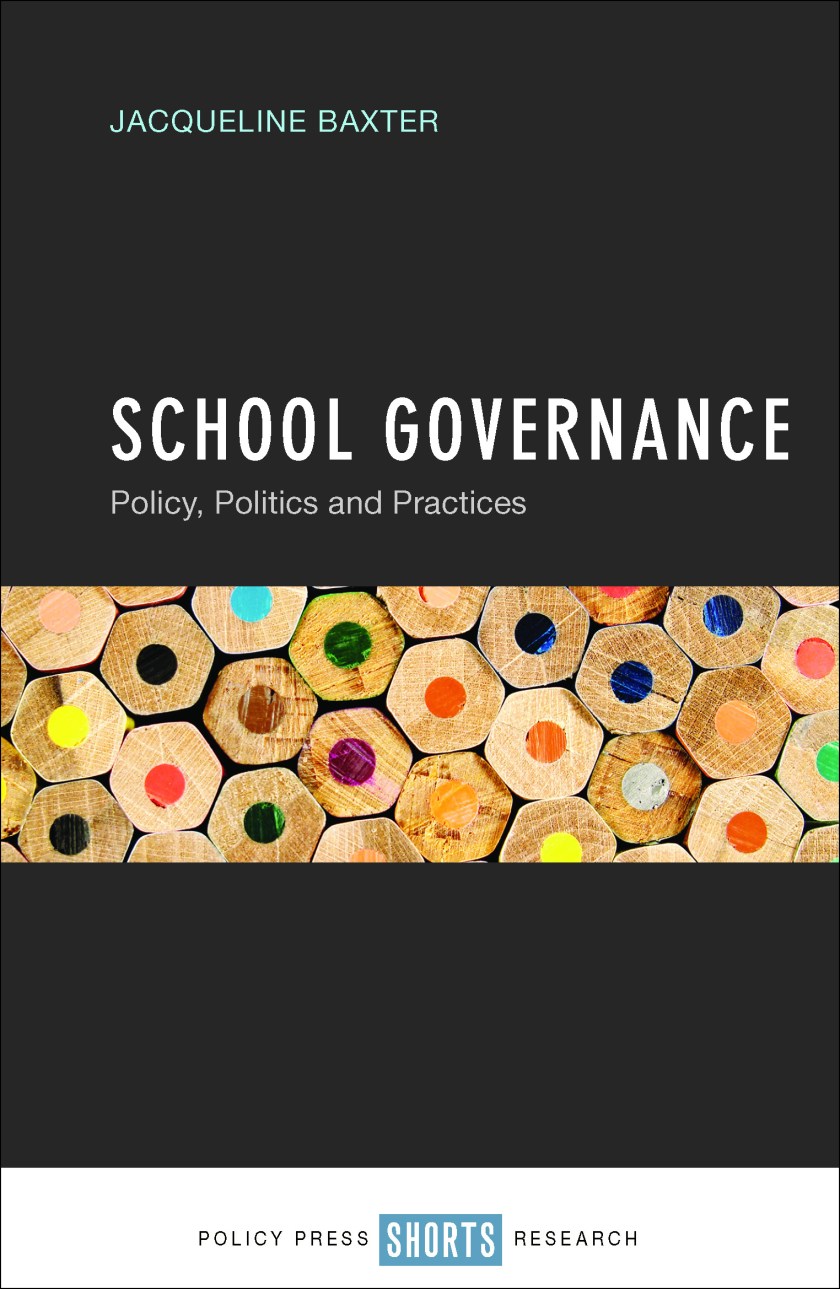
By Jacqueline Baxter, The Open University
Recent inspections of schools run by academy chains have shown many of these schools to be failing. Yet Ofsted, the schools inspectorate, is still not allowed to regulate the very organisations that are responsible for this.
In a recent sitting of the Education Committee’s inquiry into academies and free schools, its chair, the Conservative MP Graham Stuart, detailed the long list of academy chain failures now occurring with increasing regularity.
Ofsted have said that AET [Academies Enterprise Trust] has low expectations and are leaving schools to founder; that E-ACT provides poor-quality teaching intervention and support and that an overwhelming proportion of pupils in the Kemnal Academy Trust are not receiving a good education.
Since 2012, Ofsted has intensified its focus on the inspection of school governance, insisting that it is integral to the leadership and management function of schools. In spite of this – and the concomitant furore surrounding the state of school governance in the wake of the Trojan Horse extremism affair in Birmingham – the inspectorate still has its hands tied when it comes to inspecting academy chains.
As part of its brief, Ofsted is allowed to inspect individual schools within academy chains but not the trusts that run them. Yet in many cases it is precisely these trusts and their sponsors that are failing the very schools they purport to support.
One area that has proved to be particularly problematic from a regulatory perspective is the lack of effective scrutiny in terms of conflicts of interest within academy chains. This is an area highlighted in a new report by the Institute of Education’s Toby Greany and Jean Scott.
They found that the mechanisms to identify and address conflicts of interest in academy chains are almost non-existent. They outlined a number weaknesses in the system, including that some trust boards are not adhering to national guidance or doing enough to mitigate the risks associated with conflict of interest. They also point out that the skills and capacity of bodies charged with auditing trusts may be weak or insufficient to “get under the skin” of what is going on.
Immune to public scrutiny
It was only a short time ago that the head of Ofsted, Michael Wilshaw called for more stringent inspection of Local Education Authorities following a spate of high-profile school failures of several schools within the same authority. The authorities concerned have been named and shamed for the dereliction of their duties.
Yet organisations at the helm of some of the biggest school chains in the country appear to be accountable to no one. As David Wolfe of law firm Matrix Chambers highlighted during the recent inquiry:
The power is concentrated with the trust and no longer really with local governing bodies unless it is delegated down and then the trusts are not under any great scrutiny. They are not subject to direct observation from Ofsted and they are not subject to the kind of public pressures that come from democratic accountability or a wider public transparency.
Such issues of accountability around chains of schools which expand too quickly are a common feature of the US Charter school system, a system that in many ways mirrors the reform intentions of the academies project. In states in which there are high levels of regulatory accountability such as Massachusetts, charter schools appear to do well, outperforming regular district schools on a number of criteria.
But uncontrolled expansion of charter schools and lack of concomitant accountability has given rise to a number of cases in which schools have been shut down and had their licences revoked.
Governance loophole
Research into school federations in the UK is beginning to unpick the new governance structures that are appearing. Although in its early stages, researchers have stressed the importance of retaining coherence in these multi-level governance structures that mirror so many in the wider not-for-profit sector.
It took some time for Ofsted to bring school leadership and governance into a single judgement, following a long period during which they were considered entirely separately in regulatory terms. Now this is in place, it would make perfect sense to apply it it to academy chains, yet their sponsors and trusts have been conveniently permitted to slip through the net.
This lack of accountability has caused a number of issues. It makes it almost impossible to be able to pinpoint why one or a number of schools in a chain are not performing well.
It also makes it difficult to see how multi-level governance is actually functioning if inspectors are only able to see part of the picture and not the whole. Inspectors look only at individual schools and their performance in isolation, rather than the chain as a whole. It is also almost impossible to evaluate how the strategic direction of the chain is operating through individual schools and evaluate to what extent those schools are working with and through that strategy.
Rudderless in the face of weak leadership
A lack of cohesion in accountability also makes it difficult to see how the goings-on at individual schools relate to overarching principles within the trust. This includes how pupil premium money is spent on children who qualify for it, or the direction of standards for teaching and learning. As trusts continue to grow, it becomes even more pressing to ensure governing trusts are accountable in financial and operational terms.
As researchers in the US point out, the challenges of retaining quality during periods of intensive growth are substantial. It’s not difficult to see how schools in academy chains can be left rudderless and lacking strategic and operational direction and prey to conflicts of interest.
It appears to be somewhat paradoxical that we pay £143m for an inspection system that is prevented from inspecting some of the key organisations behind so many schools in England, particularly in light of the type of failures that have come to light recently. According to the Department for Education, there are currently 1,226 open sponsored academies in the 2014-15 academic year.
Unless these failures are investigated in a holistic way that departs substantially from the fractured and dislocated manner of current regulatory practice, then it is difficult to see how errors can be pinpointed and addressed in the future.

Jacqueline Baxter does not work for, consult to, own shares in or receive funding from any company or organisation that would benefit from this article, and has no relevant affiliations.
This article was originally published on The Conversation.
Read the original article.





